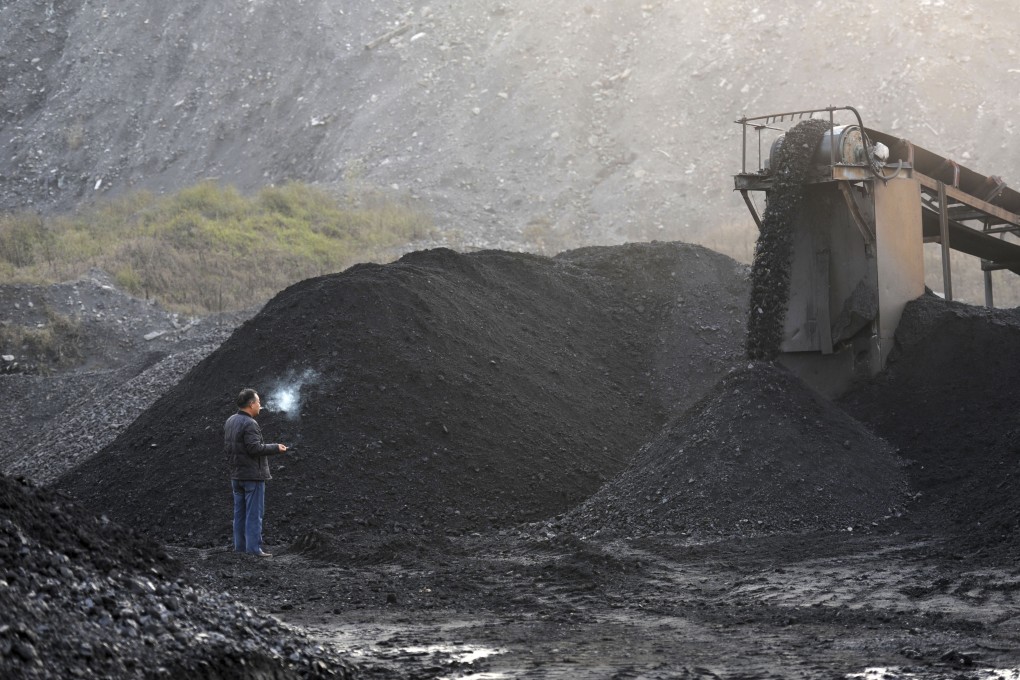China releases action plan to reduce methane emissions ahead of COP28 climate summit
- The plan was published after a meeting between US climate envoy John Kerry and his Chinese counterpart Xie Zhenhua in California on Wednesday
- The action plan does not include firm targets or timetables for reducing methane emissions, but puts emphasis on improving monitoring and supervision of emissions

China has unveiled its long-awaited plan to reduce methane emissions ahead of the COP28 climate summit, showing its willingness to work closely with the international community to tackle the second-biggest contributor to global warming after carbon dioxide.
The Ministry of Ecology and Environment on Wednesday released the action plan to curb methane emissions after a four-day meeting between the US climate envoy John Kerry and his Chinese counterpart Xie Zhenhua in California from November 4-7 to address the climate crisis.
Although the plan did not mention firm targets or timetables for reducing methane emissions, it put emphasis on improving monitoring and supervision of methane emissions, as well as enhancing global cooperation. It also set several goals for the utilisation of the gas in different sectors.
The action plan provides a clear framework for local Chinese governments, enterprises and financial institutions to issue their own strategies for methane reduction, and will promote the innovation and research of methane-reduction technologies, according to Qin Hu, vice-president and chief representative of the China branch of Environmental Defense Fund (EDF), an international non-profit organisation.

“Methane utilisation is an important and cost-effective measure to reduce methane emissions,” Qin told the Post on Wednesday. “Recycling methane can also help increase the supply of clean energy, so promoting methane emission reduction and utilisation can not only address climate change but also improve energy security and corporate efficiency.”
Methane has been recently elevated to the top of the international agenda as the climate crisis worsens, given its higher global warming potential. It is 80 times more harmful than carbon dioxide for 20 years after it is released, according to the United Nations Environment Programme.